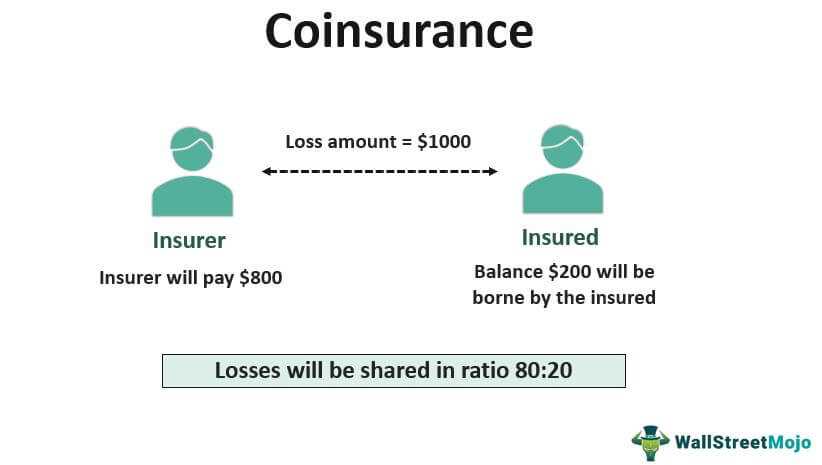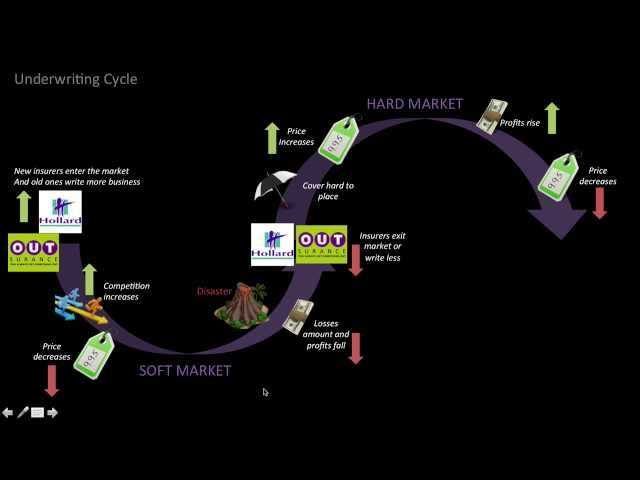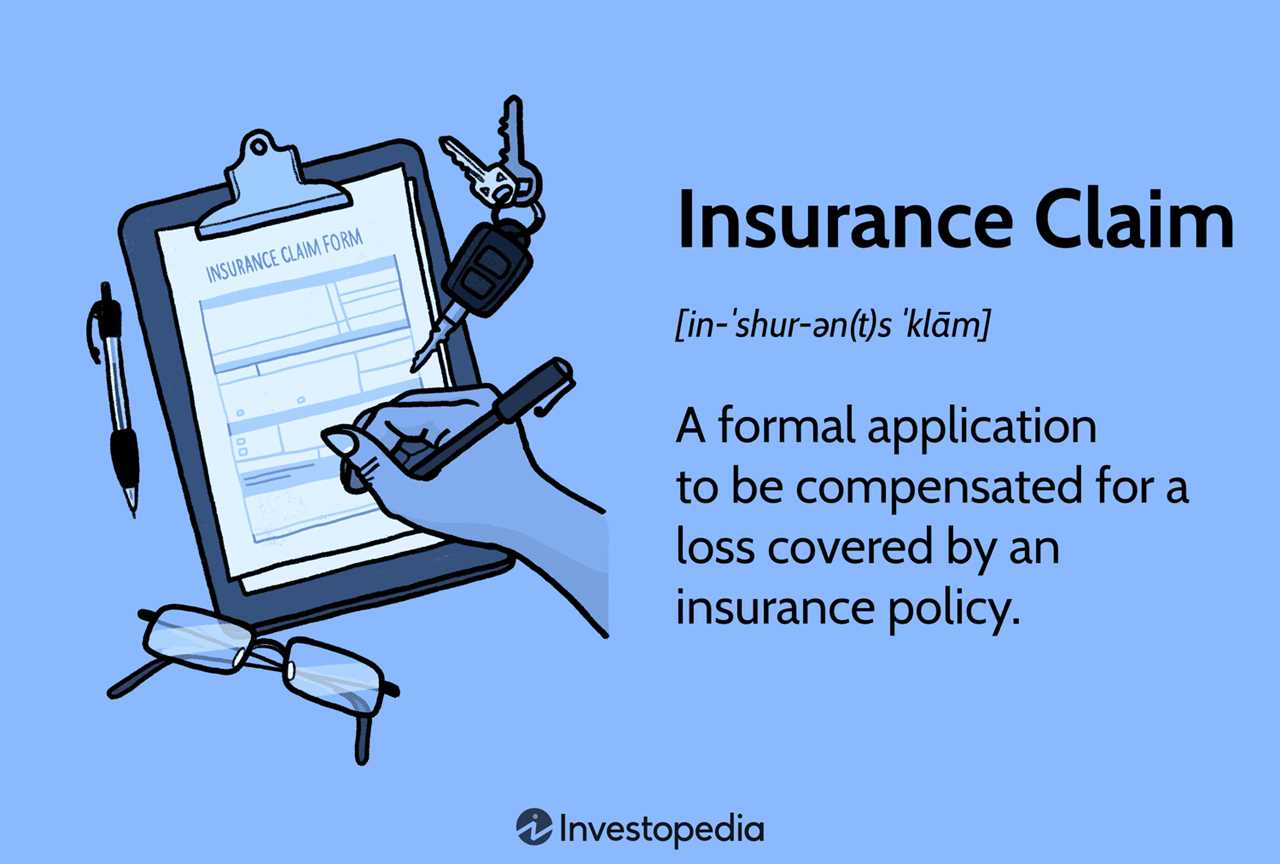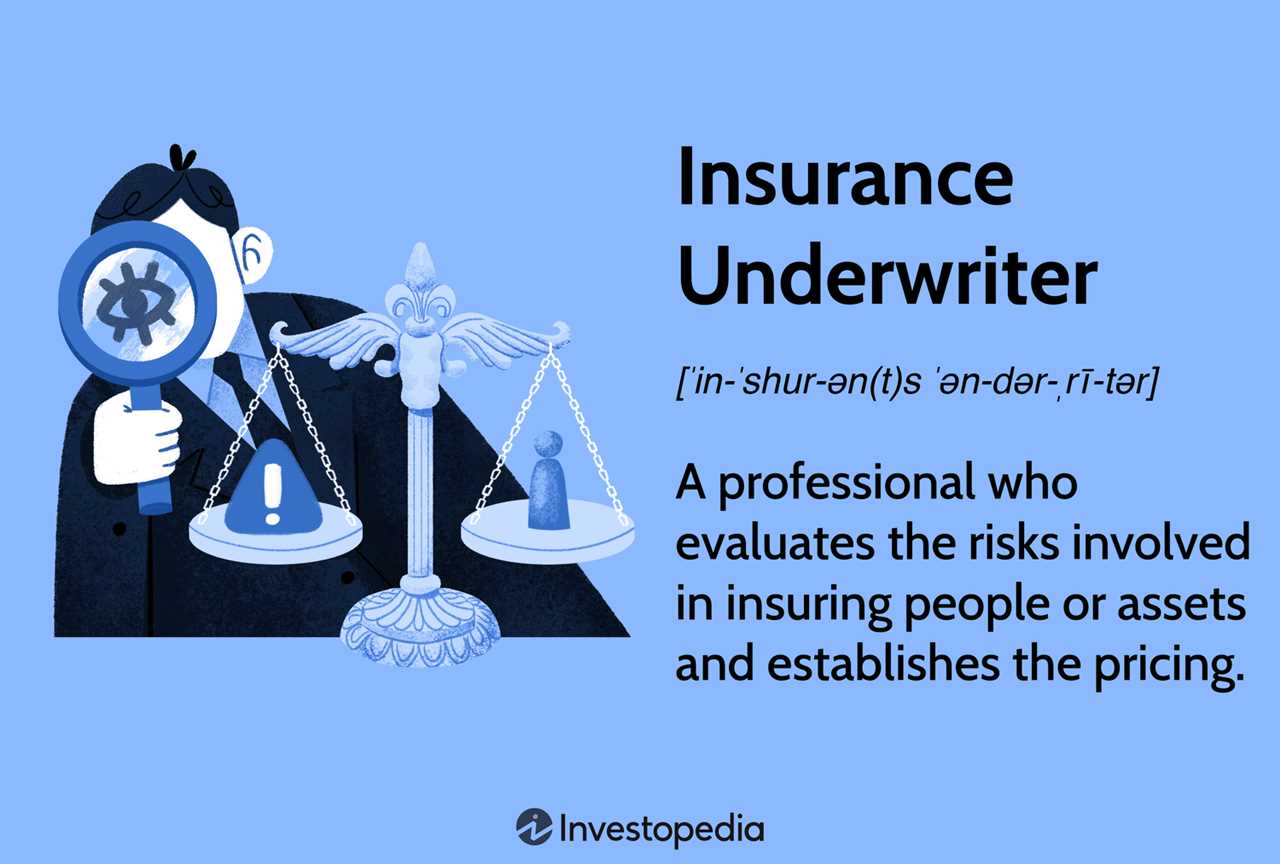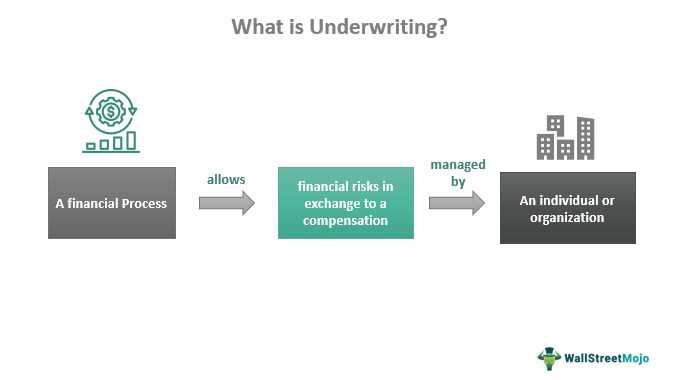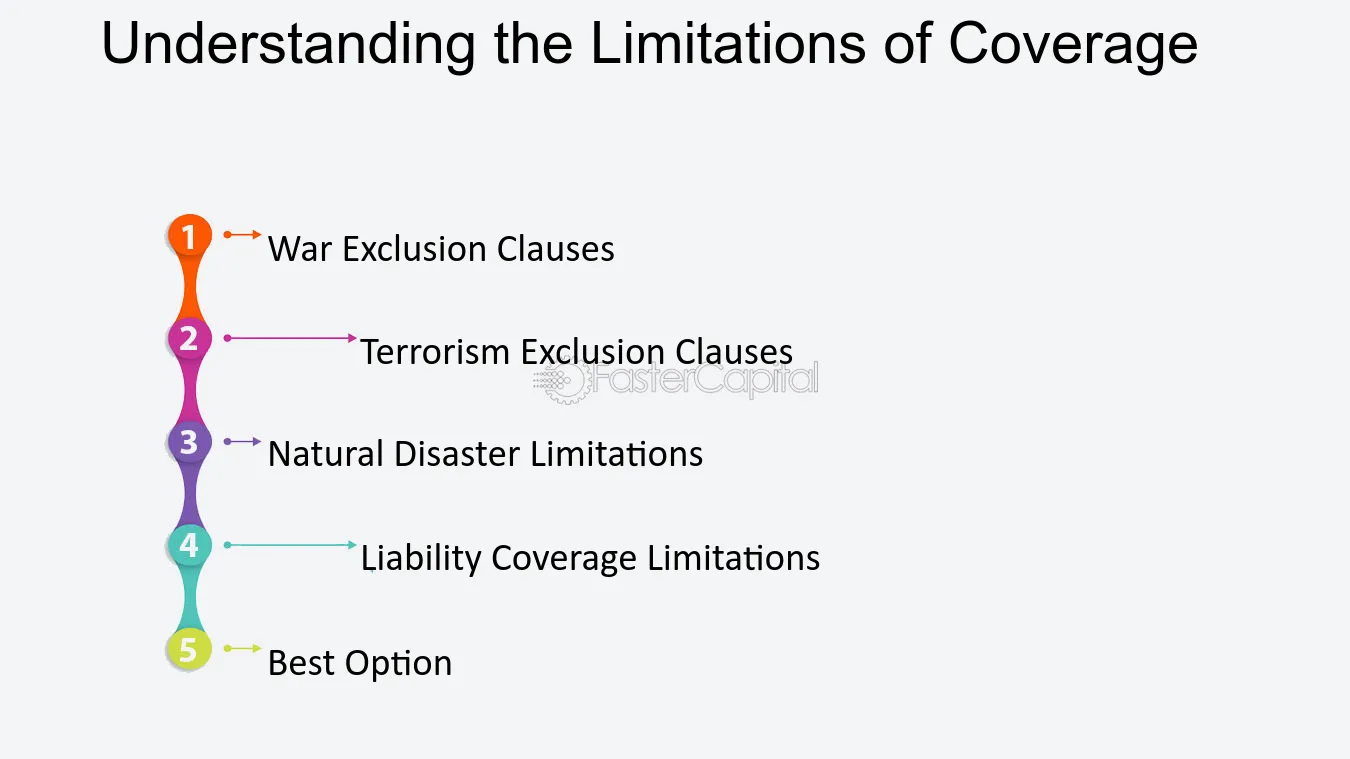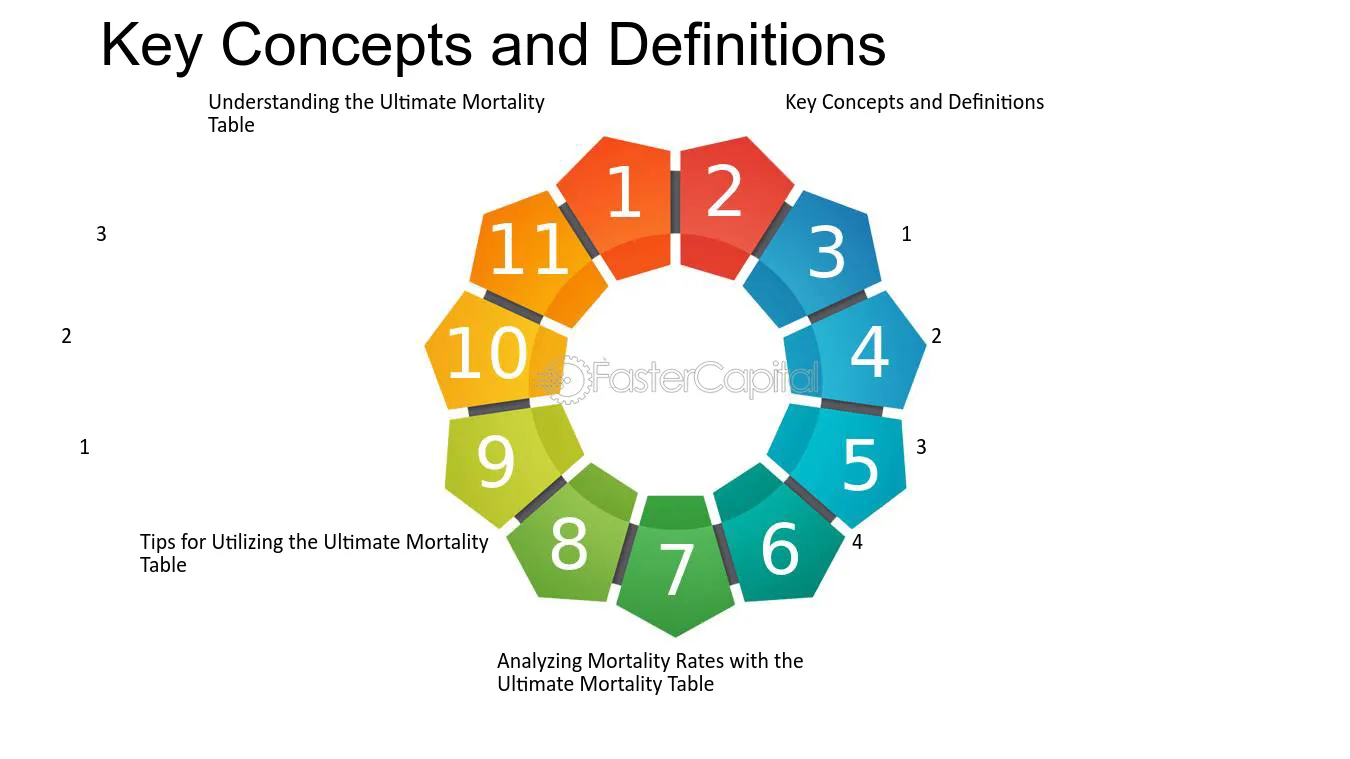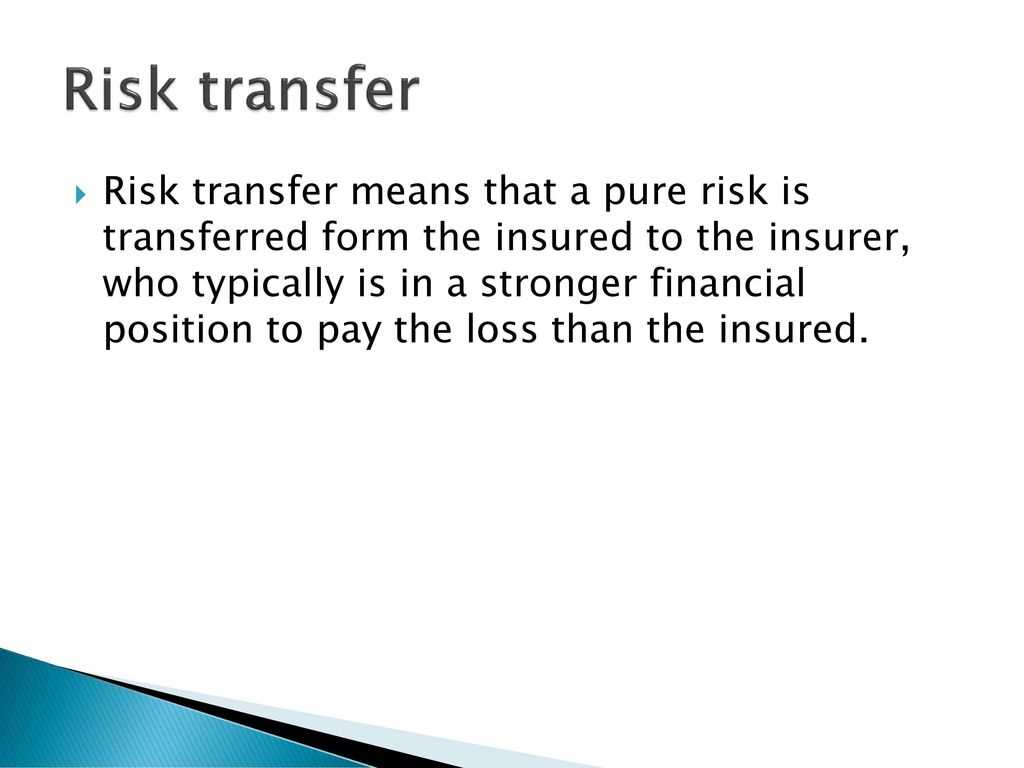Warehouse Bond: The Basics And How It Functions
What is a Warehouse Bond? A warehouse bond is a type of insurance that provides financial protection to warehouse owners and operators. It is a legal requirement in many countries for warehouse operators to have a bond in place before they can operate. A warehouse bond serves as a guarantee … …


